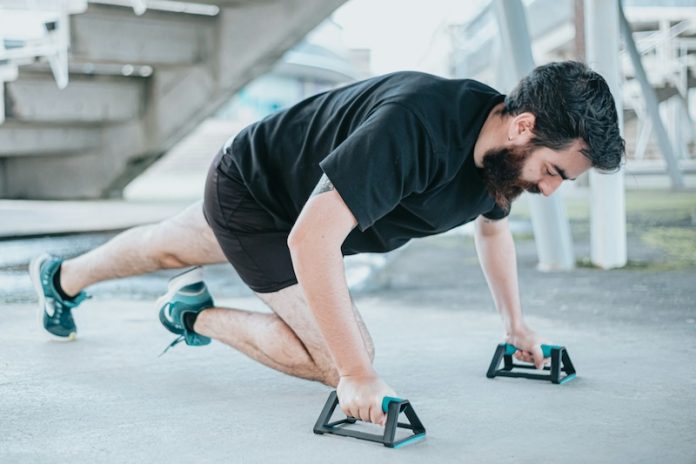
When it comes to keeping bones healthy, most people think of calcium and vitamin D. While these are important, there’s another powerful tool that many people overlook: resistance training.
Also known as strength training or weightlifting, resistance training is not just for building muscles; it plays a key role in keeping bones strong and healthy. This is especially important as we age because bones naturally lose strength over time, increasing the risk of fractures and osteoporosis.
Let’s explore why resistance training works and what the research says about its benefits for bone health.
Bones are living tissues that are constantly being broken down and rebuilt. In young people, the process of rebuilding happens faster, making bones strong and dense. However, as we age, this process slows down, and bones start to lose density.
This can lead to weak, fragile bones and conditions like osteoporosis, where even small falls can cause fractures. Resistance training helps slow this process and can even rebuild bone strength by stimulating the body to produce new bone tissue.
Here’s how it works: when you lift weights or do exercises like push-ups, squats, or resistance band training, the stress placed on your bones triggers them to grow stronger.
This happens because the body responds to stress by reinforcing the bones, similar to how muscles get stronger after exercise. In simple terms, resistance training gives bones a reason to grow stronger, so they can better handle the pressure next time.
Scientific research strongly supports the benefits of resistance training for bone health. A study published in the Journal of Bone and Mineral Research found that postmenopausal women who performed resistance training twice a week for a year significantly increased their bone density. This is important because women are at a higher risk of osteoporosis after menopause due to hormonal changes.
Another study in the Osteoporosis International journal showed that men who did weight-bearing exercises like squats and deadlifts improved bone density and reduced their risk of fractures.
The benefits of resistance training aren’t just for older adults. Research also shows that starting strength training earlier in life can help build peak bone mass, which is the maximum strength your bones can achieve.
The stronger your bones are when you’re younger, the better protected they will be as you age.
A study involving teenagers found that resistance exercises, such as weightlifting and plyometric training (like jumping), significantly improved bone strength and density compared to those who didn’t exercise.
The good news is that resistance training doesn’t require heavy gym equipment or hours of work. Simple exercises like push-ups, lunges, and using resistance bands can be done at home and still provide bone-strengthening benefits.
For older adults or those new to exercise, starting with light weights and gradually increasing the resistance can help build strength safely and effectively.
In addition to strengthening bones, resistance training improves balance, coordination, and muscle strength, which reduces the risk of falls—a leading cause of fractures in older adults.
By building stronger muscles, resistance training gives better support to the bones, creating a protective effect.
It’s important to note that consistency matters. Regular resistance training, even just 2-3 times per week, can make a big difference over time.
Studies show that the positive effects of strength training on bone health continue as long as you maintain the routine.
If you’re looking for a way to protect your bones naturally, resistance training is a smart and effective choice. It helps prevent bone loss, rebuilds strength, and lowers the risk of fractures and osteoporosis.
Combined with good nutrition—like eating foods rich in calcium, vitamin D, and protein—resistance training can keep your bones strong at any age.
Whether you’re lifting weights at the gym or doing simple bodyweight exercises at home, you’re taking an important step toward building a stronger, healthier you.
If you care about bone health, please read studies that plant-based diets can harm your bone health without these nutrients, and this bone problem may strongly increase COVID-19 death risk.
For more information about wellness, please see recent studies that too much of this vitamin may increase your risk of bone fractures, and results showing this type of exercise may protect your bone health, slow down bone aging.
Copyright © 2024 Knowridge Science Report. All rights reserved.



